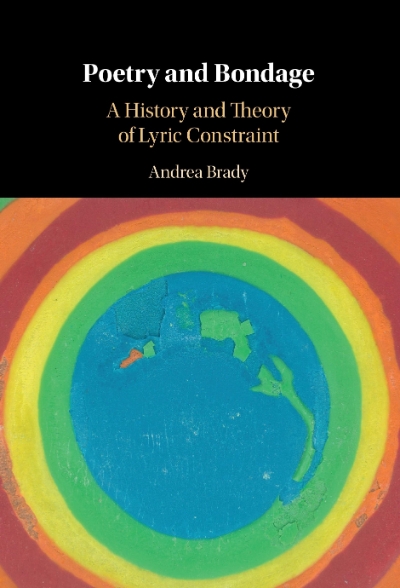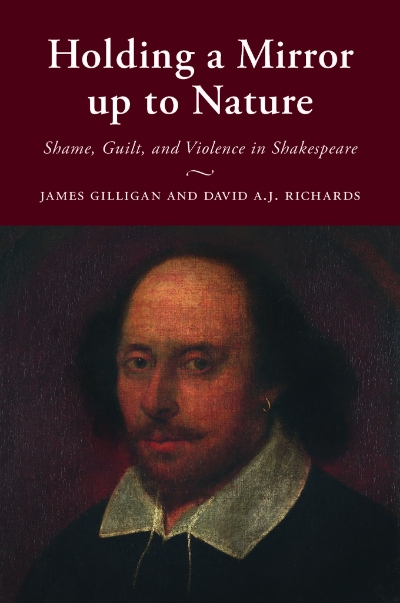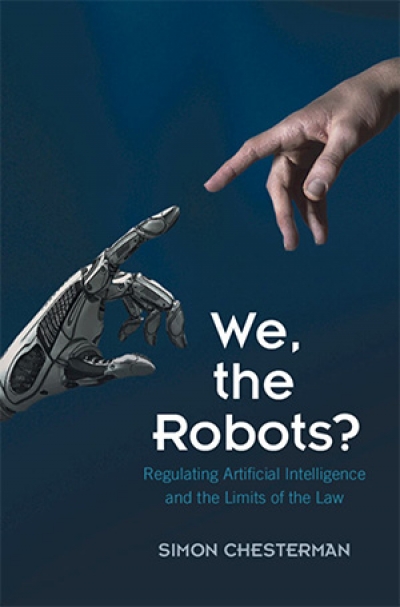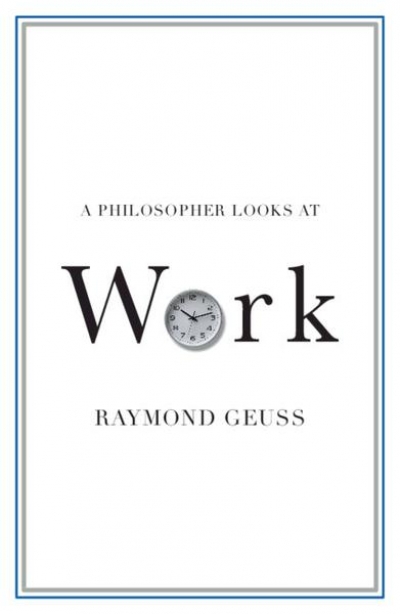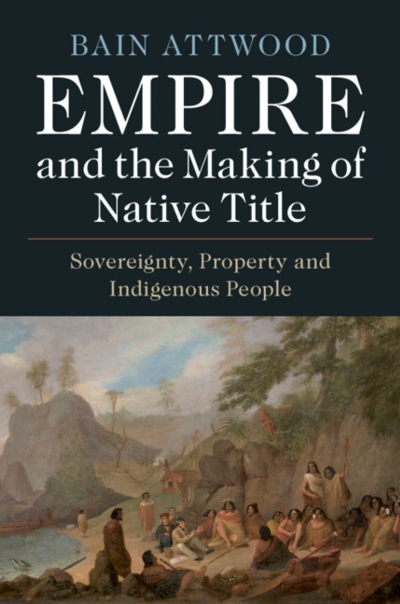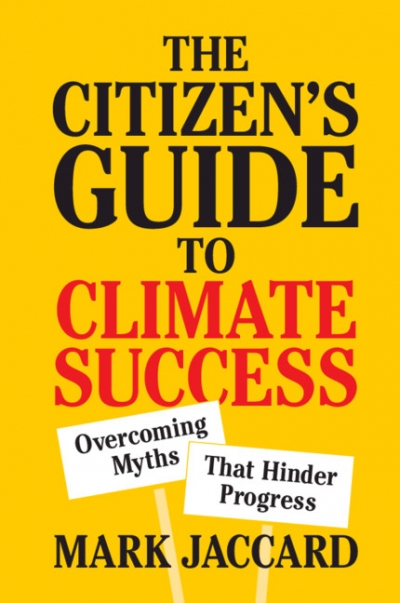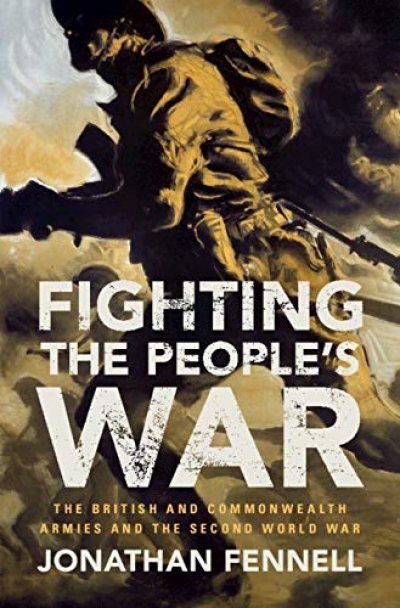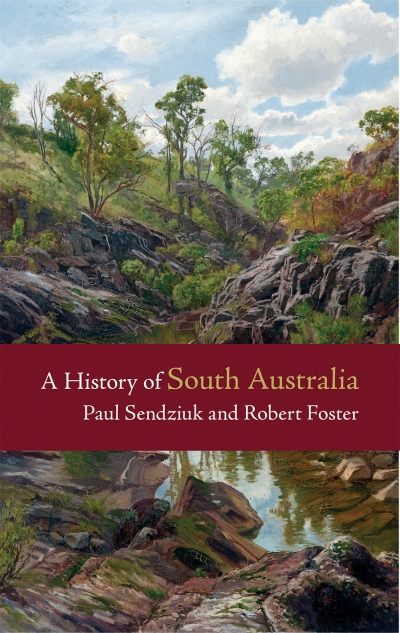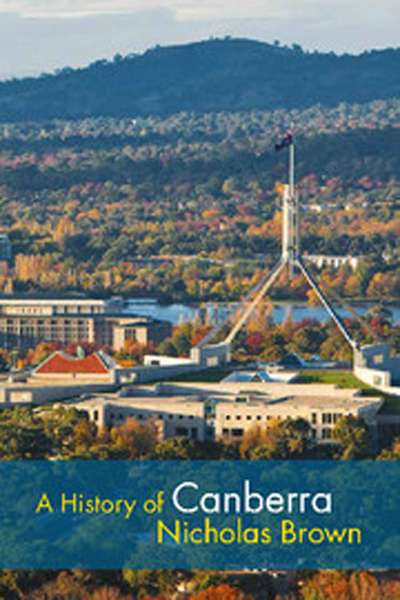Cambridge University Press
Poetry and Bondage: A history and theory of lyric constraint by Andrea Brady
by John Hawke •
Holding a Mirror up to Nature: Shame, guilt, and violence in Shakespeare by James Gilligan and David A.J. Richards
by P. Kishore Saval •
We, the Robots?: Regulating artificial intelligence and the limits of the law by Simon Chesterman
by Henry Fraser •
Thoreau’s Religion: Walden Woods, social justice, and the politics of asceticism by Alda Balthrop-Lewis
by Danielle Celermajer •
Empire and the Making of Native Title: Sovereignty, property and Indigenous people by Bain Attwood
by Lisa Ford •
The Citizen’s Guide to Climate Success: Overcoming myths that hinder progress by Mark Jaccard
by Natalie Osborne •
Fighting the People’s War: The British and Commonwealth armies and the Second World War by by Jonathan Fennell
by David Horner •
A History of South Australia by Paul Sendziuk and Robert Foster
by Kerryn Goldsworthy •

